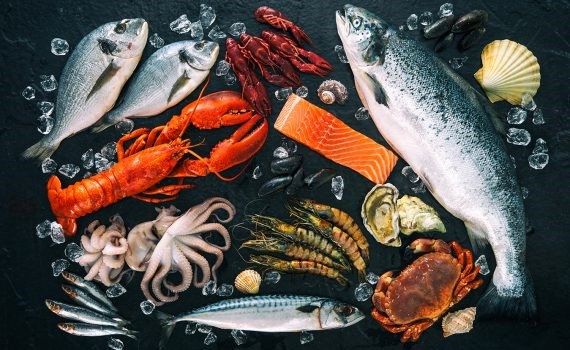
The first conclusions of this study have been published in the journal Nature , with some information that can guide measures in fisheries and aquaculture.
According to the researchers, global seafood production could increase between 36% and 74% by 2050, if some sustainable measures are adopted, all designed to minimize environmental impacts.
As the researchers point out, improving seafood production would also help solve potential food and nutritional security problems globally, thinking that fish and shellfish offer micronutrients and essential fatty acids, which are not always easily found in food. of the earth.

The researchers warn that, to achieve this sustainability scenario, it is necessary to investigate technologies and resources that allow reuse and reduction so that the production of seafood does not exceed ecological or economic limits.
FUNIBER promotes studies for professionals interested in acquiring knowledge and tools to work with food production and consumption, with an updated approach and sustainability programs. As an example, the Master’s program in Nutrition and Food Biotechnology.